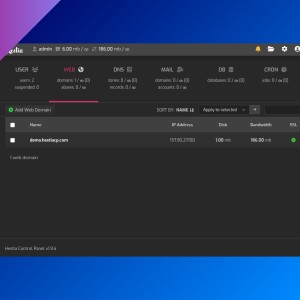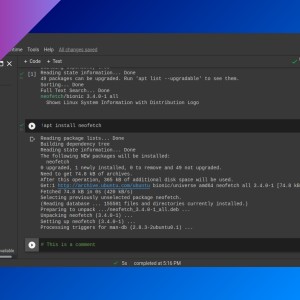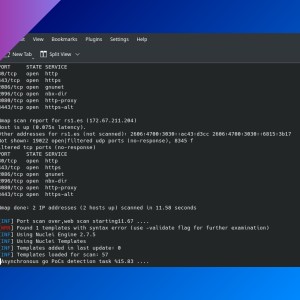How to create a server-level firewall
Table of Contents
You can restrict VPS incoming connections within your VPS provider’s admin page (at a network-level), but if you can’t restrict outgoing connections, or you prefer to use a firewall at a server-level. you can use ufw.
Introduction
This is an example of how ufw works.
You may need to start and enable ufw service. You need to be a root user or use sudo to run these commands.
Rules
Add default rules:
ufw default deny incomingufw default allow outgoingAllow from IP:
ufw allow from 125.250.25.250To allow a specific port:
ufw allow 1050/tcpAllow http in:
ufw allow in http- For services included in
/etc/services, you can use the service name (http) instead of the port number (80) and protocol (tcp).
Rate limit (to 6 connections in 30 seconds):
ufw limit 22/tcpFull syntax example:
ufw deny proto udp comment 'restrict udp'Application profiles
Some applications create rules for UFW that you can use. For example, OpenSSH creates rules to open port 22/TCP. To list these application profiles, run:
ufw app listGet more info about an application profile with:
ufw app info <profile name>
# e.g.: ufw app info OpenSSHYou can add one of these profiles in a similar way to adding regular rules:
ufw allow OpenSSHEnable the firewall
Enable firewall:
ufw enableCheck rules and their number (only if firewall is enabled):
ufw status numberedMore options
Insert a rule at a specific position:
ufw insert <NUMBER> <RULE>Disable the firewall:
ufw disableDocker
If you use Docker, -p flag makes the selected port available to everyone regardless of your ufw configuration, so you need to use --network host instead.
docker run -d --network host nginxYou may also need to change default rule for routed traffic:
ufw default allow routedIf you have any suggestion, feel free to contact me via social media or email.
Latest tutorials and articles:
Featured content:











